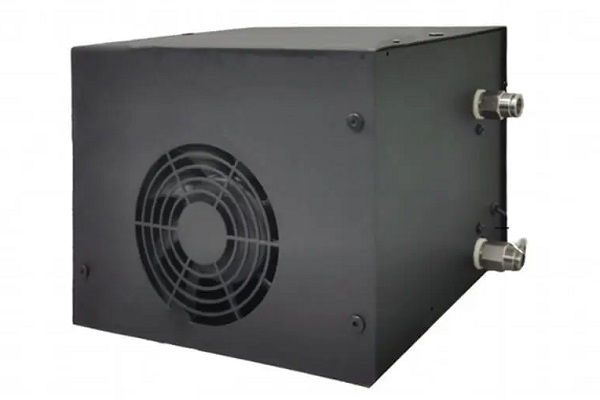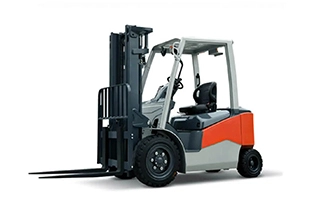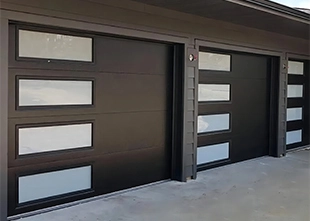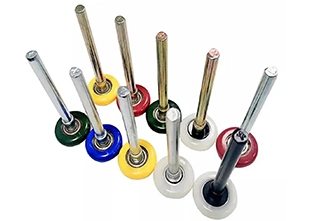
The heat exchanger is an essential piece of equipment in industrial heat transfer, and its material selection directly influences its performance and service life. Different materials have varying advantages and suitable environments. Below is a detailed introduction to three common types of heat exchanger materials—stainless steel heat exchangers, copper heat exchangers, and cooling heat exchangers.
Features
Strong corrosion resistance: Stainless steel has excellent corrosion resistance, making it particularly suitable for handling highly corrosive fluids such as chemical media and seawater. Therefore, stainless heat exchangers are widely used in various harsh environments.
High-temperature resistance: Stainless steel materials can withstand high temperatures, making them suitable for high-temperature industrial production environments such as metallurgy and petrochemicals.
High mechanical strength: Stainless heat exchangers maintain good stability and safety even under high-pressure conditions.
Applications
Chemical industry: Suitable for heat exchange in chemical reactors, reaction towers, and other equipment.
Food processing: Stainless steel heat exchangers meet hygiene requirements and are commonly used in the food and beverage processing industries for heat exchange.
Petrochemicals: Stainless steel heat exchangers can provide stable performance under high-temperature and high-pressure working conditions.
Features
Excellent thermal conductivity: Copper's thermal conductivity is very good, allowing it to transfer heat quickly and effectively. Compared to stainless steel, its heat exchange efficiency is higher.
Good corrosion resistance: Although copper's corrosion resistance is not as good as stainless steel, it still offers good resistance in many common chemical media.
Lower cost: Compared to some special metals such as titanium alloys, copper is more cost-effective, making it suitable for general industrial environments.
Applications
HVAC systems: Copper heat exchangers are commonly used in cooling towers, air conditioning equipment, and other systems, leveraging their excellent thermal conductivity to improve efficiency.
Refrigeration equipment: Copper is widely used in refrigeration systems such as condensers and evaporators because it can quickly remove heat and enhance system performance.
Household appliances: Copper heat exchangers can effectively improve heat exchange efficiency and enhance the performance of appliances like refrigerators and air conditioners.
Features
Lightweight: Heat exchangers made of aluminum or composite materials are lighter than metal heat exchangers, making them easier to install and transport, ideal for equipment with strict weight requirements.
High thermal conductivity: Aluminum and composite material heat exchangers have good thermal conductivity, allowing for quick heat exchange, especially excelling in air conditioning and cooling equipment.
Corrosion resistance: Aluminum and composite material heat exchangers can maintain good corrosion resistance in most environments, although not as good as stainless steel and copper.
Applications
Air conditioning and cooling systems: Aluminum heat exchangers are commonly used in air conditioning equipment's condensers and evaporators due to their lightweight and efficient heat exchange performance, making them widely used in the air conditioning industry.
Automobile cooling systems: Aluminum alloy cooling heat exchangers are widely used in automobile engine cooling systems to improve heat exchange efficiency and ensure the normal operation of the engine.
Air compressors and refrigeration equipment: Lightweight and efficient heat exchangers can be used in various refrigeration and air conditioning equipment to help enhance the overall system performance.
Stainless steel heat exchangers, copper heat exchangers, and cooling heat exchangers each have their advantages in different application scenarios. CI Industry's heat exchanger products, with their excellent design and high-quality materials, provide reliable solutions for industrial applications. Whether in harsh environments with high temperature and pressure or in scenarios requiring efficient heat exchange, CI Industry's heat exchangers can offer optimal heat transfer effects and longer service life. Choose CI Industry's heat exchangers for top-notch technical support and high-efficiency, stable product performance, helping improve your equipment's performance and optimize workflow.



